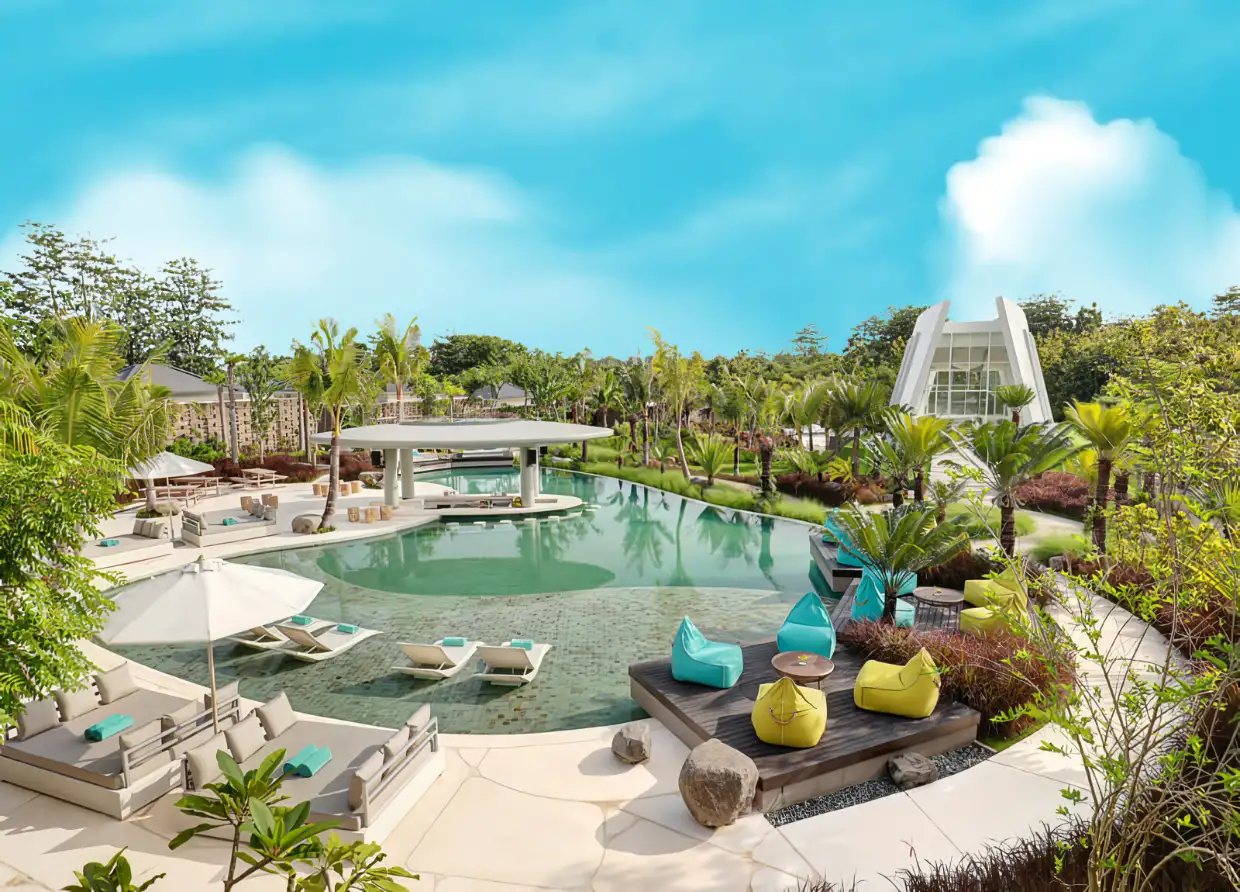INDONESIA LEADS THE WAY IN MICRO-HYDROELECTRIC POWER: A NEW ERA OF RENEWABLE ENERGY
Harnessing the Power of Water: Micro-Hydropower as a Sustainable Solution for Energy Independence in Indonesia

The archipelagic nation of Indonesia, rich in natural resources, has achieved a significant milestone in renewable energy with the introduction of micro-hydropower plants. Leveraging its abundant water resources, this innovative approach is gaining traction for its effectiveness, efficiency, and eco-friendliness compared to traditional, costly energy generation methods. Notably, the technology offers the potential for energy independence at the household level.
Micro-hydroelectric power has existed for some time; however, its large-scale implementation is a recent development in Indonesia. In the village of Gununghalu, a micro-hydropower plant has been established, harnessing the flow of the Ciputri River to generate electricity. This initiative has enabled the village to reduce its reliance on the national power grid, demonstrating that water power can serve as a reliable energy source for both communities and individual homes.
The principle behind micro-hydroelectric power is straightforward: the pressure from flowing water spins turbines, transforming mechanical energy into electricity. The technology is accessible, allowing anyone with a nearby water source to participate. The Gununghalu plant was developed with local government support and community collaboration, showcasing a successful model for similar systems that can be adapted for domestic use.
Economic and Environmental Advantages
Micro-hydropower systems present notable economic and environmental benefits. Unlike larger hydroelectric plants, which often disrupt ecosystems and displace communities, micro-hydro installations have minimal environmental impact. In Gununghalu, for example, the local forest remains intact to ensure a steady water supply, promoting conservation efforts.
Moreover, the electricity produced by these systems is significantly cheaper, costing residents only half of what they typically pay. This combination of cost savings and environmental stewardship makes micro-hydropower an attractive option for households in both urban and rural settings.
Implementing Micro-Hydro Technology at Home
With advancements in technology, homeowners can now harness micro-hydropower systems if they have access to streams or rivers. Small-scale turbines can be installed to generate sufficient electricity for essential appliances, thereby decreasing dependence on the primary power grid. The initial investment for setting up these systems is relatively low, and various government incentives for renewable energy utilization can help homeowners recoup their expenses within a few years.
By adopting micro-hydro systems, individuals can take control of their energy generation and contribute to environmental conservation efforts.
A Promising Future for Micro-Hydroelectric Power
Indonesia's success in micro-hydroelectric power is just the beginning. As the technology proves effective and cost-efficient, it is expected to gain popularity worldwide, especially in developing countries where electricity access remains limited. In more developed regions, such as the UK, the reliability and simplicity of micro-hydro systems may encourage broader adoption among renewable energy users.
The potential for water power to become a common utility in homes could revolutionize how people manage their energy sources, aiding global efforts to combat climate change.
Indonesia has thus redefined energy generation through water, paving the way for a sustainable future. With micro-hydro systems now applicable in both communities and households, the vision of energy independence is not only attainable but also environmentally friendly. Whether one lives near a river or not, the prospect of harnessing water to generate electricity is closer than ever.
#THE S MEDIA #Media Milenial #micro-hydropower #renewable energy #Indonesia #Gununghalu #sustainable solutions #energy independence #eco-friendly technology #hydropower systems #environmental conservation #community energy #clean energy #small-scale turbines #climate change #electricity access #water resources


























